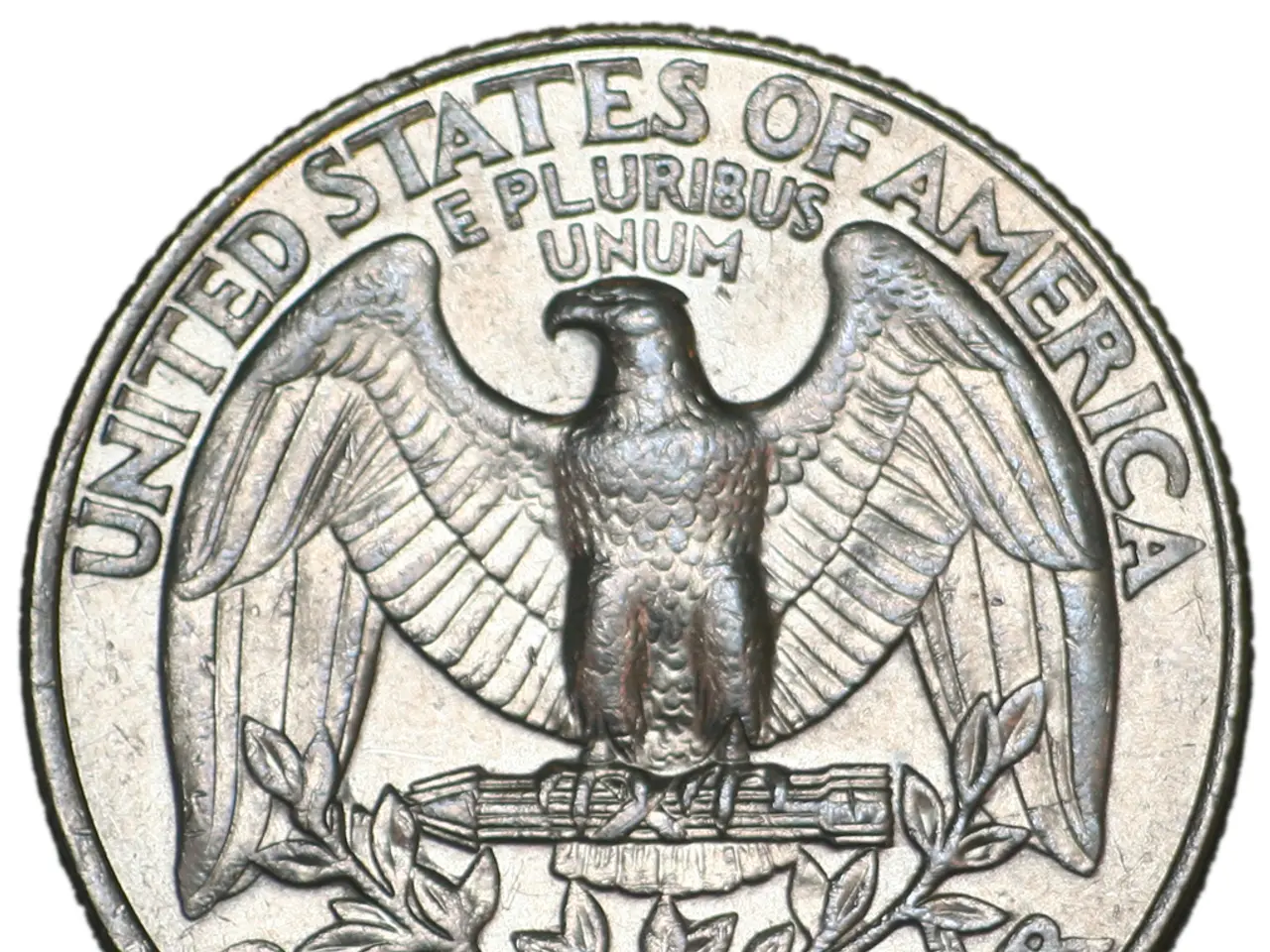AI Dominance Threat: China's Premier Issues Caution as US Paces up AI Advancements
The global AI market is projected to reach an astounding $1.5 trillion by 2030, and the race for AI supremacy has intensified as major powers vie for dominance in this critical domain. Amidst this competitive landscape, China's Premier Li Qiang announced the formation of an international organization focused on joint AI development on July 26, 2025, at the World Artificial Intelligence Conference (WAIC).
The initiative, called the "World AI Cooperation Organization," aims to foster global AI governance, multilateral cooperation, and unified standards. The organization's headquarters will be tentatively located in Shanghai, and it is designed to serve as a centralized platform coordinating AI regulation, development, and ethical oversight.
This move by China is a strategic response to the United States' recently announced AI action plan focusing on deregulation and export promotion. The Chinese initiative emphasizes inclusive participation from developing nations and addresses risks associated with AI misuse and inequality. The organization builds on President Xi Jinping’s 2023 Global AI Governance Initiative and is part of China’s Global AI Governance Action Plan, unveiled simultaneously at WAIC.
The plan includes a 13-point roadmap promoting infrastructure development, open-source collaboration, and multilateral engagement anchored in the United Nations system. Premier Li emphasized AI as an international public good and pledged that China would share AI development experience and open-source technologies to enhance global capacity building, particularly benefiting countries in the Global South.
The potential for AI to disrupt traditional industries and create new ones is immense, and up to 30% of jobs could be automated by AI and related technologies in the coming years. The prospect of new AI regulations poses both challenges and opportunities for multinational technology companies.
The US currently holds a dominant position in the global AI market, with American companies accounting for around 60% of the total market value. However, China's share is expected to reach 30% by 2030. By spearheading the creation of an international organization for joint AI development, China aims to foster collaboration and knowledge-sharing among nations to mitigate the negative impacts of AI while harnessing its benefits.
The formation of the World AI Cooperation Organization is still in its early stages, with a focus on building broad consensus and operational frameworks. As the organization evolves, it could reshape market dynamics and foster greater collaboration and innovation in the AI industry, potentially redefining the global AI landscape.
- The global AI market's projected growth to $1.5 trillion by 2030 has become a focal point for major powers, spurring a race for AI supremacy.
- China's strategy in this competitive landscape includes the formation of the "World AI Cooperation Organization," designed for joint AI development.
- Startups and established businesses in the AI sector are monitoring this international organization's development closely, as its initiatives could significantly impact the industry.
- The Chinese government's emphasis on AI as an international public good, and its pledge to share development experience, could lead to growth opportunities for AI companies worldwide.
- Amidst rivalry with competitors like the United States, China's AI policies prioritize inclusive participation from developing nations to address global AI misuse risks and inequality.
- The success of the World AI Cooperation Organization could shape AI innovation models, with potential implications for job markets, as up to 30% of jobs may be automated by AI and related technologies.
- Investment in AI companies is expected to grow along with the market's expansion, as venture capitalists seek to capitalize on AI's disruptive potential in various business sectors.
- The organization's focus on unified AI standards could lead to policy-and-legislation changes and impact the general news cycle, as new regulations shape the AI industry's growth and development.
- The political implications of the World AI Cooperation Organization are significant, as China and other nations navigate the intersection of AI technology, international business, and global policy-making.
- The artificial intelligence field is rapidly evolving, with constant advancements in technology and the potential for AI to revolutionize various industries, making it essential for businesses to stay informed about the latest developments and trends in this sector.




